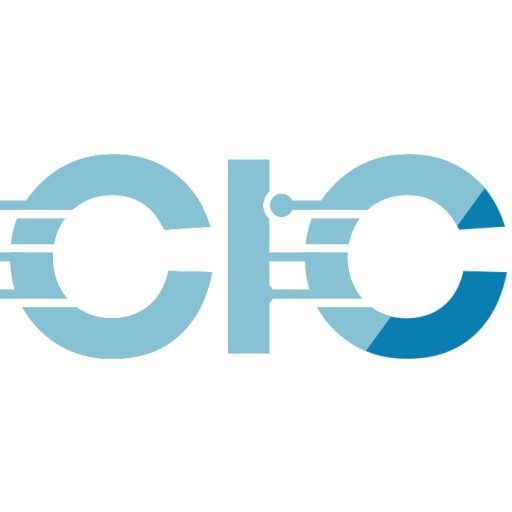Recently, there is news that my country plans to invest 6 billion yuan in the research and development of all-solid-state batteries. Six companies including CATL, BYD, FAW, SAIC, Weilan New Energy and Geely may receive basic research and development support from the government.
BYD's solid-state battery plan has also been exposed. According to reports, from the perspective of the choice of technical route, BYD's solid-state battery is very likely to adopt the following technical routes: high-nickel ternary (single crystal) positive electrode, silicon-based negative electrode (low expansion), and sulfide electrolyte (complex halide).

The capacity of Fudi solid-state battery cells can reach more than 60Ah(Fudi Battery and BYD belong to the same company), the mass energy density reaches 400Wh/kg, and the volume energy density reaches 800Wh/L. The battery cell shows excellent safety in needle puncture or hot box tests, and will not catch fire or explode. At the same time, it also has an efficient integrated battery system under the performance requirements of thermal management, safety and fast charging, and the battery pack energy density exceeds 280Wh/kg.
In terms of cost control, Fudi plans to reduce the cost of sulfide (or sulfide and halide composite) solid electrolytes by 1500%-2000% in 2027 compared with 2024. By 2030, it is expected that the cost will further decrease by 30%-50% compared with 2027 through improved synthesis process and optimization. By 2033, the cost will continue to decrease by about 20%-30% through the improvement of large-scale production efficiency.
Overall, the cost of solid-state batteries is expected to achieve a 2000%-3000% reduction in material BOM cost in 2027. By improving product yield, large-scale production and process optimization, manufacturing costs are expected to be further reduced by 30%-50%, thus having strong price competitiveness.
In terms of the mass production schedule, it is consistent with the national policy and most companies. In 2027, small-scale production will be carried out, and BYD's high-end models will be equipped as a demonstration project, with a scale of only about 1,000 units; 2030 is the market promotion period, and it is expected that 40,000 vehicles will be equipped with all-solid-state batteries, and they will begin to go down to models in the mainstream price range; in 2033, it will enter a rapid expansion period, and it is expected that 120,000 vehicles will be installed on a large scale, and the market share of all-solid-state batteries will gradually increase.
In terms of the mass production schedule, Fudi's plan is consistent with the national policy and most companies:
2027: Start small-scale production, and install solid-state batteries on BYD's high-end models as a demonstration project, with a scale of about 1,000 units.
2030: Enter the market promotion period, and it is expected that 40,000 vehicles will be equipped with all-solid-state batteries, and they will begin to be gradually applied to models in the mainstream price range.
2033: Enter the rapid expansion period, and it is expected that 120,000 vehicles will be installed on a large scale, and the market share of all-solid-state batteries will gradually increase.

In fact, as early as 2022, there was news that BYD's all-solid-state lithium battery would be produced in Chongqing and would soon begin vehicle installation tests.
Although BYD denied the news at the time, some of the content is consistent with the information recently disclosed by BYD. According to reports in 2022, BYD's solid-state battery mainly adopts oxide and sulfide technology routes, uses silicon-based materials as negative electrodes, and the energy density is expected to reach 400Wh/kg.
In addition, the news also mentioned that BYD plans to use these all-solid-state batteries not only for its own models, but also to supply the first batch of batteries to other companies.
It is worth mentioning that Xinwangda recently revealed its research progress in the field of all-solid-state batteries.
According to the news released by Xinwangda, the company has been conducting research and development in the field of all-solid-state batteries since 2015, and has planned the first and second generation all-solid-state battery technologies.
First generation all-solid-state battery: The latest ampere-hour-level sample can achieve more than 1,000 stable cycles.
Second generation all-solid-state battery: Laboratory samples have reached the energy density target of 500Wh/kg.
In terms of technical routes, Xinwangda said that the company is currently developing sulfide all-solid-state batteries using high-nickel positive electrodes and silicon-based negative electrodes/lithium metal negative electrodes.
For more information, please contact us: ciclibattery.com


